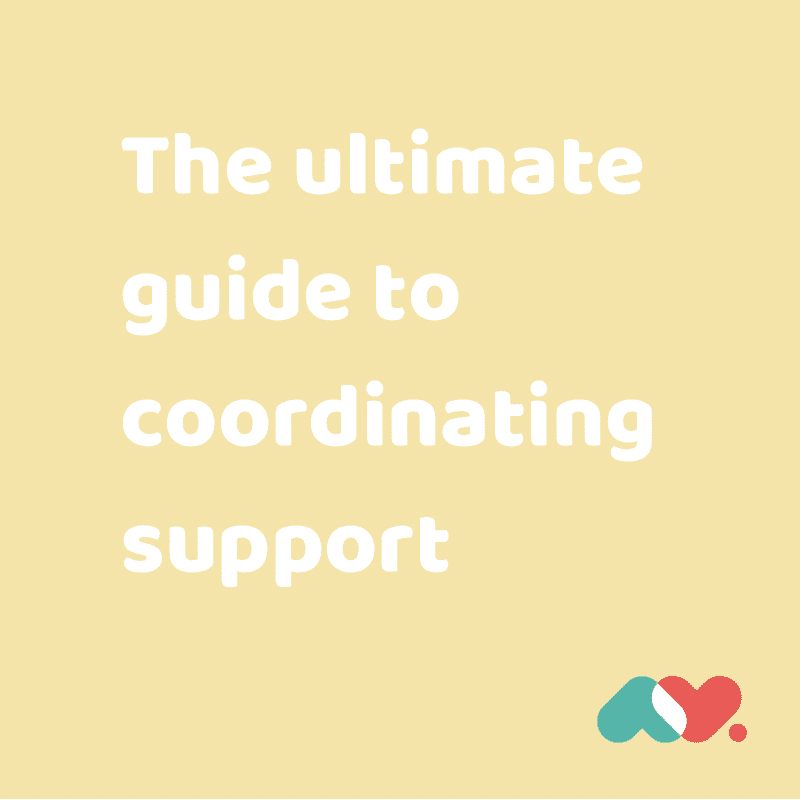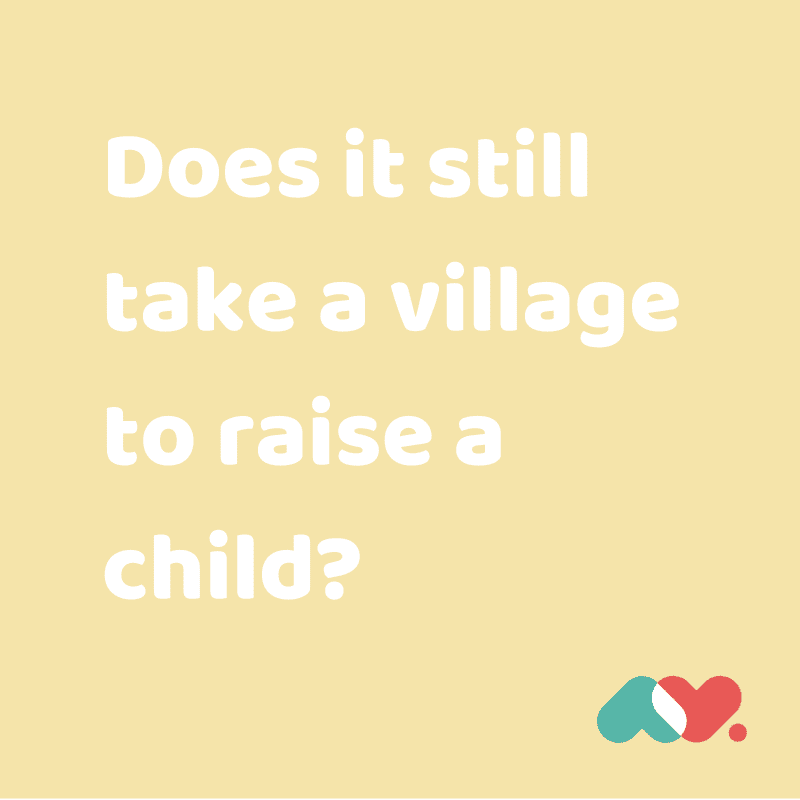
Dealing with grief: how to offer help in the most difficult times

Carina Gallegos is our Support Angel and Customer Love Manager at Support Crew.
Carina delves into the challenges and heavy emotions associated with grief, offering guidance on how to provide help and support during these incredibly difficult times.
Grief, in all its forms, is an unwelcome visitor in our lives. It arrives unannounced, shrouding our world in a heavy veil of sorrow. Whether you’re comforting a friend or family member through bereavement or coping with your own grief, navigating this emotional landscape can be daunting. Yet, amidst the pain, there is an opportunity to provide solace and support that can make a profound difference. In this article, we’ll explore the grieving process; the various types of grief; practical ways to assist a grieving person; what to say to someone who’s grieving; and approaches to avoid when comforting a bereaved individual.
The grieving process
Understanding the grieving process is the first step in offering meaningful support. Grief is not a linear journey; it’s a complex, individual experience. Elisabeth Kubler-Ross famously identified five stages of grief: denial, anger, bargaining, depression, and acceptance. While these stages provide a framework, they don’t necessarily occur in a fixed order, and some people may not experience all of them.
Types of grief
Grief comes in many forms, and it’s essential to recognise that each person’s experience is unique. Some common types of grief include:
- Anticipatory Grief: This occurs before a loved one’s death, often when there’s a terminal illness. It’s a complex mix of emotions as you prepare for the inevitable loss.
- Inhibited Grief: This type of grief involves repressing emotions. It is challenging to know how to recognise, let alone process, the flood of new emotions that arise when we grieve. As a result, people go into ‘shutdown’ mode, repressing their emotions without even realising they are doing so. A cycle of denial can result in grief showing up as physical symptoms, such as gastric issues, insomnia, or even panic attacks. Professional help may be required in order to help deal with the repressed emotions.
- Disenfranchised Grief: This is when your grief is not socially acknowledged or validated. It often happens with non-traditional losses like the death of a pet or an ex-spouse.
Practical help for a grieving person
When someone is grieving, practical assistance can be a lifeline. Simple acts of kindness can make a world of difference:
- Prepare Meals: Grieving individuals may struggle to cook or even eat. Bringing them meals or setting up a meal schedule with friends can ensure they receive proper nourishment. Consider using online platforms like Support Crew to help coordinate and roster support for your loved one (with their approval of course!).
- Household Chores: Offer to help with daily tasks like cleaning, laundry, or grocery shopping. Grief can be exhausting, and simple everyday tasks can feel overwhelming.
- Childcare or Pet Care: If they have children or pets, offer to look after them. This relieves some of the responsibilities and allows them time to grieve.
Know what to say to someone who is grieving
Knowing what to say to someone who is grieving can be challenging, but your words matter. Here are some ways to provide comfort:
- Express Sympathy: A simple ‘I’m so sorry for your loss’ goes a long way. Let them know you’re there for them.
- Listen Actively: Sometimes, the grieving person just needs someone to listen. Offer a compassionate ear without trying to fix their grief.
- Offer Your Support: Simple statements go a long way: ‘I’m here for you’ or ‘You don’t have to go through this alone.’ Let them know you’re ready to listen or help in any way they need.
- Offer Specific Help: Specific offers of assistance can be more helpful than vague offers.Offers like ‘I’m going to the grocery store; what can I pick up for you?’ can be far more helpful than just saying ‘Let me know if you need anything’.
- Use Their Loved One’s Name: Don’t be afraid to mention their loved one by name. It shows that you remember and respect their memory.
- Ask How They’re Feeling: Grief can be overwhelming, and it can help to talk about it. Ask open-ended questions like: ‘How are you holding up?’ or ‘What’s been on your mind lately?’ Avoid asking questions that ‘have’ the answers, such as ‘Are you feeling better already?’
Approaches to avoid with a bereaved person
- Avoid Comparisons: Avoid saying things like “I know how you feel” or comparing their grief to someone else’s. Everyone’s experience is unique.
- Don’t Rush the Process: Grief doesn’t follow a timeline. Avoid pushing them to ‘move on’ or ‘get over it.’ Healing takes time.
- Minimize Clichés: Phrases like ‘Everything happens for a reason’ or ‘They’re in a better place’ may not be comforting. They can feel dismissive of the person’s pain.
Offering support to someone grieving requires empathy, patience, and understanding. The grieving process is deeply personal and often unpredictable. Grief may never completely fade, but your compassionate and supportive presence can make the journey more bearable, reminding your loved one that they are not alone in their grief.




